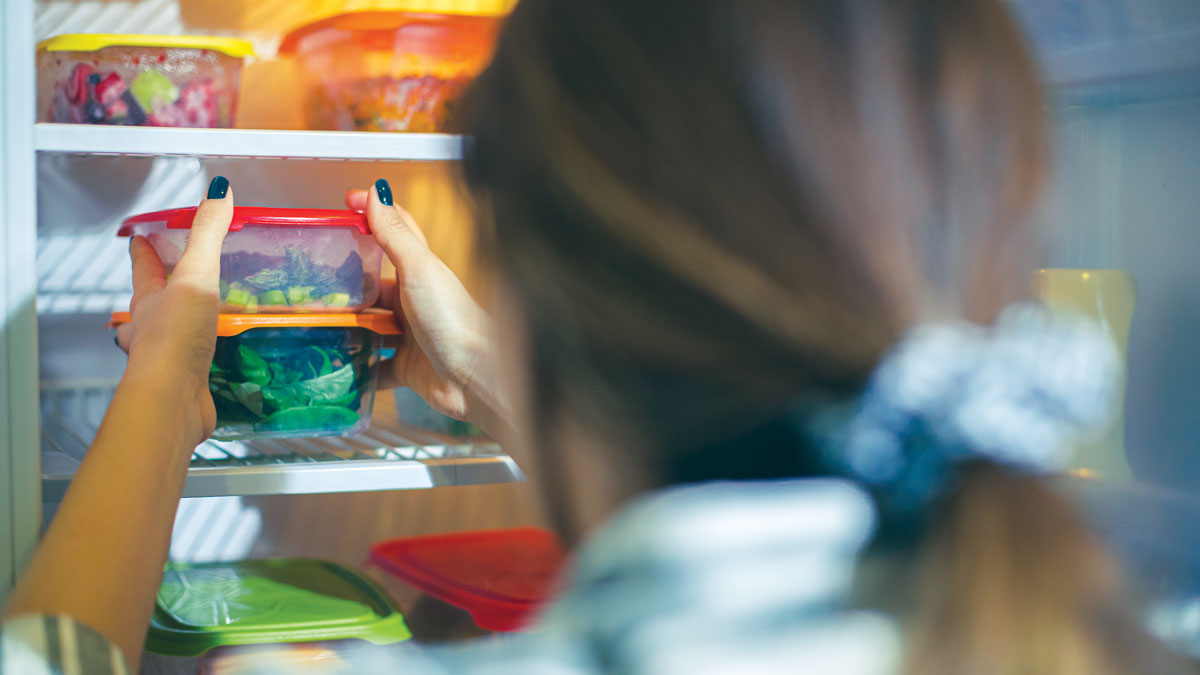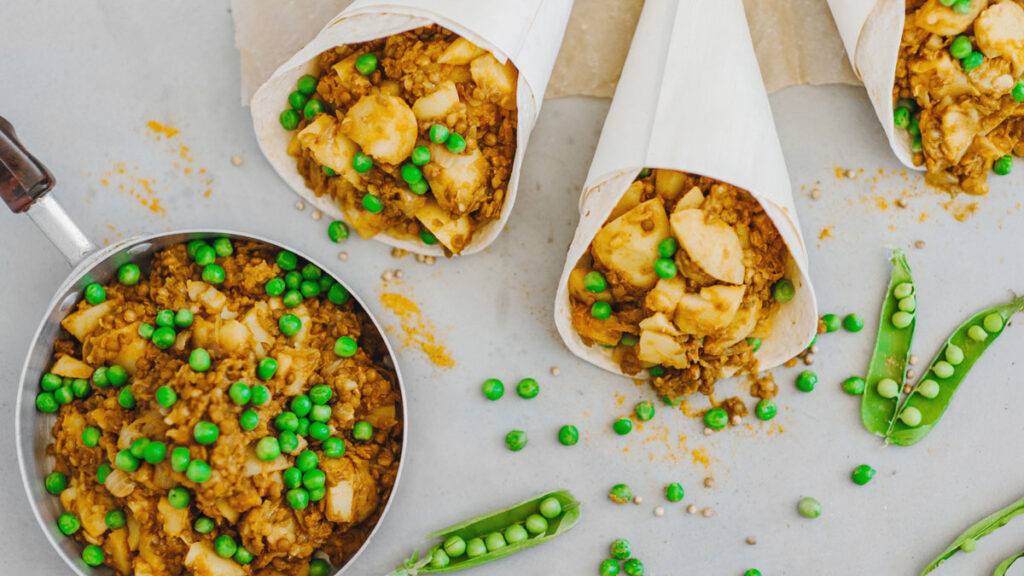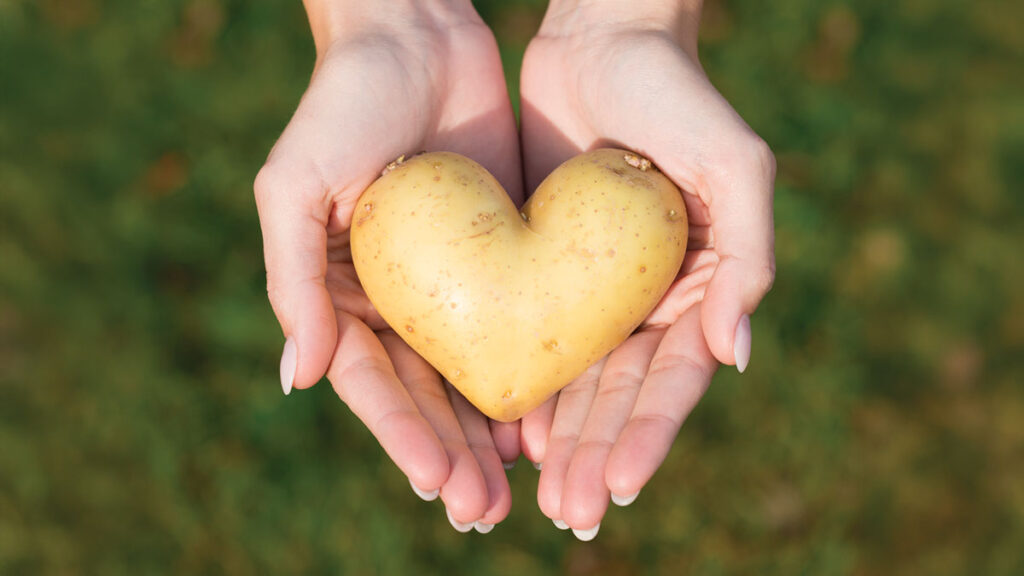Healthy eating can be easy and affordable. In many cases, the foods that make up a nutritious diet, such as vegetables, pantry-staple legumes and wholegrains are some of the most affordable foods available.
With a little clever planning, it is possible to eat well on a tight budget. Here are seven tips to help get you started.
Root to stem
Save money, reduce your food waste and make food go further by choosing veggies that can be eaten in their entirety. This means saving those carrot tops from the bin, making them into things like pesto, then adding them into a salad or pasta. Other veggie parts to experiment with include broccoli stems and leaves, beetroot leaves and potato peels. For great recipe ideas, check out the Sanitarium website.
Plan and save
Shop your pantry and fridge first so you know what you have and what needs to be used up. Then you can plan your meals around these ingredients for the rest of the week. Making a list will help you to budget and only buy food you need.
Batch it up
Put some time in to cook a range of different meals in bulk, or components of meals and freeze for those busy nights. This will help you get ahead, and your future self will thank you! Cooking in this way will also allow you to buy ingredients in bulk, bringing your grocery costs down.
Make friends with frozen and canned
Frozen fruit and veggies and canned veggies, beans and legumes can be used widely as cheap, delicious staples that can help you meet your daily nutrition goals and veggie intake. If a veggie needed for one of these recipes isn’t available or in season, it can usually be substituted for a cheaper frozen or canned version.
Storage hacks
Learn how to store your food properly so it doesn’t spoil and end up in the bin. This can be as easy as throwing a paper towel in the storage container with your leafy greens. But even if after all your correct storing and planning you still find yourself with fruit and veggies lurking in the bottom of the fridge, you can turn them into smoothies, soups, juices or pasta sauces.
Eat seasonally
Eat what is in season locally and in abundance right now. This will usually be obvious in a supermarket as it will be the produce that looks fresh and smells great, often at the front of the store and it is cheaper too.
Freezer friendly
Freeze and thaw those precious batch cooked meals and prepped foods properly so your hard work isn’t wasted. Smaller components, like herbs, veggies and muffins should be frozen individually on parchment paper for a few hours before they’re transferred into a freezer-safe container. This step will stop them sticking together and makes for easier thawing.






